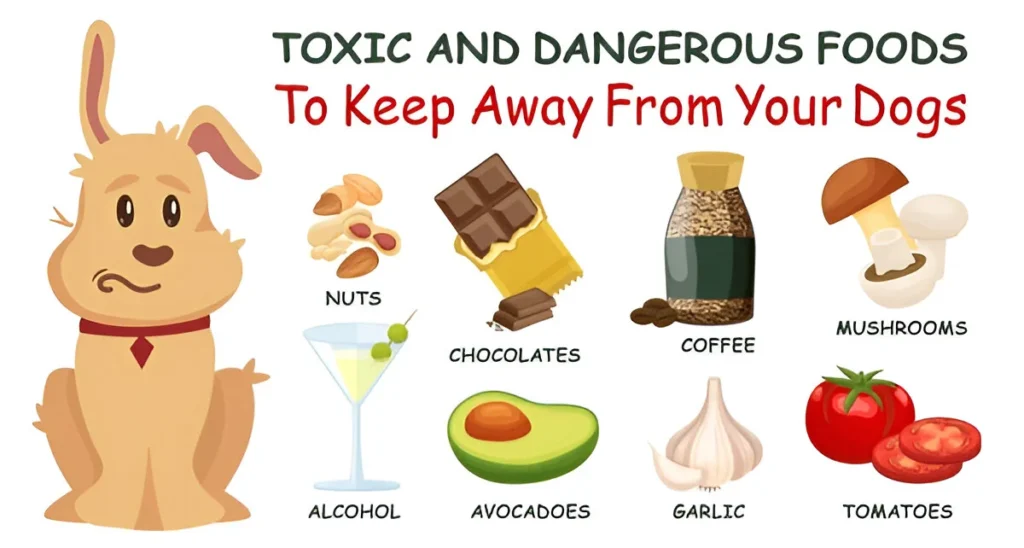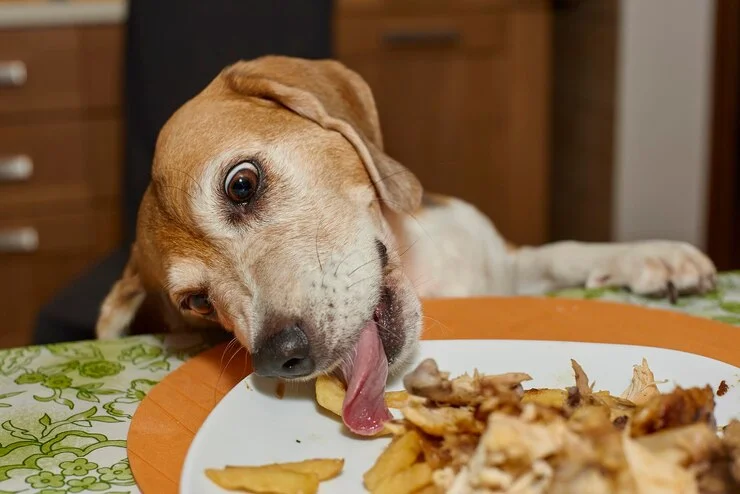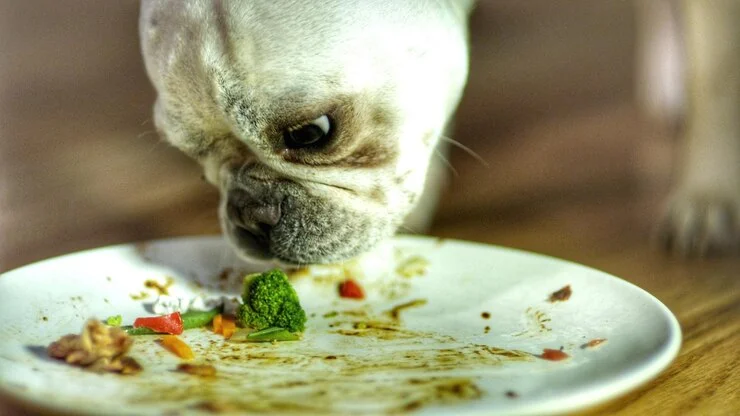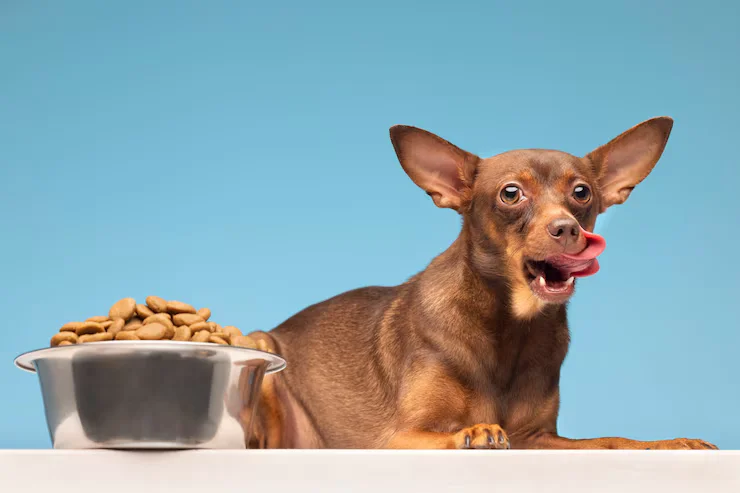-
Kutchina service center, Kolkata - 700010
Kutchina service center, Kolkata - 700010

Dangerous Foods for Dogs can cause severe health issues if ingested. Learn which items to avoid and how a reputable pet clinic educates pet parents on safe canine nutrition.
Dogs are more than just pets—they’re loyal companions and valued family members. Like any family member, they deserve a diet that supports their health and well-being. However, many common human foods can be dangerous for dogs, sometimes causing mild digestive issues and, in severe cases, even leading to life-threatening conditions.
In this guide, we’ll explore the most common toxic foods for dogs, why they are harmful, what symptoms to look out for, and how to ensure your furry friend stays safe and healthy.
A dog’s digestive system is significantly different from a human’s. While something might be harmless—or even healthy—for you, it could be toxic for your pet. Dogs process certain nutrients, additives, and chemicals differently, often leading to adverse effects such as kidney failure, liver damage, or neurological problems.

Here’s a list of some of the most harmful foods for dogs, based on veterinary findings and real-life cases.

It’s important to be observant and act fast. Watch out for:
If your dog shows any of these symptoms after eating something suspicious, seek veterinary care immediately.
Protecting your dog from food-related hazards doesn’t have to be complicated. Here are some tips:
Modern veterinary practices don’t just treat problems—they prevent them. A trusted pet clinic often emphasizes pet nutrition, lifestyle management, and caregiver education as part of comprehensive animal wellness.
Veterinarians routinely see cases of food toxicity that could have been prevented with better awareness. Regular check-ups and dietary counseling can help you avoid accidental exposure to harmful substances and ensure your dog’s diet supports longevity and vitality.
Veterinary toxicology has advanced significantly, and we now understand better how different ingredients affect canine physiology.
These biological factors are why dangerous foods for dogs must be avoided entirely, even if your pet “seems fine” after eating something off-limits.
Instead of giving your dog table scraps, try these safe and healthy treats:
These provide essential nutrients and keep your dog happy without putting their health at risk.

Q1. What should I do if my dog eats chocolate?
A: Call your vet or pet poison helpline immediately. Try to provide information like type of chocolate, quantity, and your dog’s weight.
Q2. Are all nuts bad for dogs?
A: Not all, but macadamia and walnuts are especially harmful. Always consult a vet before introducing any new food.
Q3. Can a small amount of garlic really hurt my dog?
A: Yes. Garlic accumulates in the system and even small amounts over time can cause anemia.
Q4. How quickly will symptoms appear after my dog eats something toxic?
A: It varies. Some foods cause symptoms in minutes, others may take hours. Always monitor closely and consult a vet.
Q5. What human food is completely safe for dogs?
A: Plain rice, cooked lean meat, carrots, and apples (without seeds) are generally safe.
Being aware of the dangerous foods for dogs is essential to becoming a responsible pet parent. Many well-meaning owners unknowingly feed their dogs items that can cause serious harm. The key is education, vigilance, and a proactive approach to nutrition.
Trusting veterinary professionals ensures you have access to the latest research, nutritional guidance, and expert care for your pet’s overall well-being. Regular checkups, professional advice, and diet monitoring can help prevent accidental exposures to harmful foods and support a longer, healthier life for your four-legged friend.